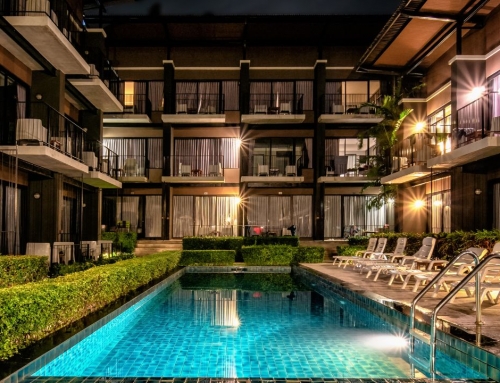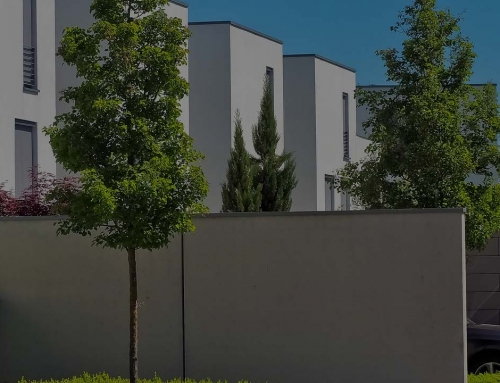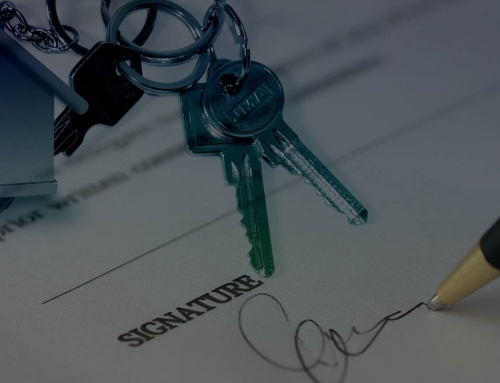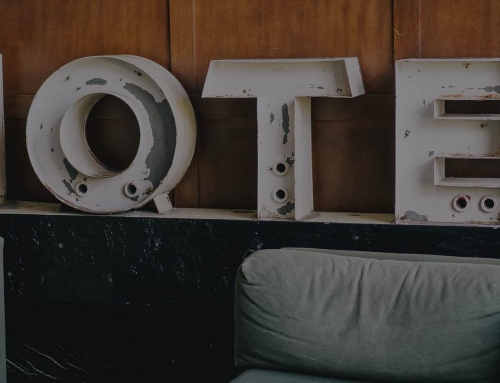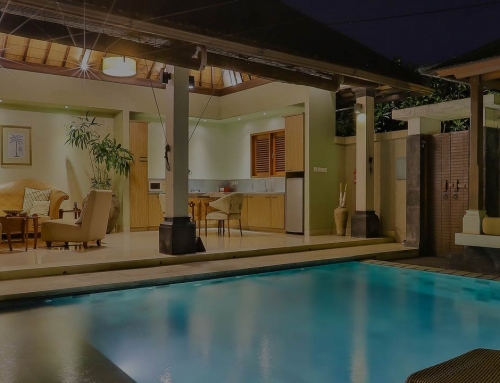By Phuket News Property · December 14, 2021
Updated on: November 25, 2025
Every registered condominium development in Thailand is required to have a designated management entity known as the condominium juristic person. This body is responsible for administering the building, maintaining common areas and ensuring compliance with the Condominium Act. For buyers and owners, understanding how the juristic person operates is central to assessing the long-term quality, safety and financial stability of a condominium project.
What is the condominium juristic person?
Under the Condominium Act, the condominium juristic person is a legal entity created when a condominium is registered at the Land Department. It represents all co-owners collectively and is authorised to manage the building on their behalf. Its duties include enforcing building regulations, managing common-area funds and executing decisions approved by co-owners at annual general meetings.
The juristic person is usually led by a manager who oversees daily operations. Some developments employ an external management company, while others are self-managed through an elected committee.
Responsibilities of the juristic person
The core responsibilities of the condominium juristic person include:
• maintaining common areas such as lobbies, corridors, swimming pools, gyms and gardens
• overseeing building systems including water, electricity, drainage and safety equipment
• collecting common-area fees and sinking-fund contributions
• preparing annual budgets and accounting for expenses
• organising annual general meetings and circulating meeting minutes
• enforcing house rules and building regulations
• coordinating repairs and long-term maintenance planning
• ensuring compliance with safety standards and legal requirements
A well-run juristic person can significantly improve the living environment and protect the long-term value of a condominium project.
The role of the co-owners committee
In most condominiums, a co-owners committee is elected to represent residents. The committee works alongside the juristic person and provides oversight. Its responsibilities include reviewing budgets, approving repairs and advising on management decisions.
The quality of the committee can strongly influence the building’s overall direction. Active and engaged committee members often contribute to better maintenance standards, clearer rule enforcement and improved financial planning.
Financial management and common-area fees
Common-area fees are collected from all unit owners based on the unit’s square-metre ratio. These fees cover day-to-day building expenses, including security services, cleaning, landscaping, waste management and routine maintenance.
The sinking fund, paid separately at the time of purchase, is reserved for major repairs and long-term upgrades. Transparent financial management is essential. Annual accounts should be provided to owners, and budgets should reflect realistic maintenance and repair costs.
Prospective buyers should review:
• current common-area fee rates
• the financial status of the sinking fund
• recent AGM minutes
• any planned special assessments or major repairs
These indicators help determine whether the building is well-maintained or potentially facing financial strain.
Building rules and regulations
The juristic person is responsible for enforcing building rules covering issues such as noise, short-term rentals, pet policies and renovation guidelines. These rules vary across developments, so buyers should request a copy before committing to a purchase.
Clear and consistently applied rules contribute to a stable and predictable living environment. Inconsistent enforcement can lead to disputes and affect overall building quality.
Choosing a well-managed condominium
The effectiveness of a juristic person varies widely between developments. Signs of good management include:
• clean and well-maintained common areas
• clear communication between management and owners
• accessible financial statements
• timely handling of repairs
• active participation at AGMs
• knowledgeable and responsive building staff
Poor management can manifest through unpaid fees, deferred maintenance, unclear records or a lack of communication.
Why this matters to buyers
The management quality of a condominium has a direct effect on property values, living standards and long-term costs. Even in modern developments, inadequate governance can lead to unexpected fees or rapid deterioration of facilities. Buyers should always review documents, speak to current owners and assess the building’s condition when evaluating a potential purchase.
A clearer path for condominium buyers
Understanding how the condominium juristic person operates is essential for anyone considering a unit in a registered condominium. By reviewing management practices, financial records and building regulations, buyers can make more informed decisions and identify developments that offer long-term stability and responsible governance.




